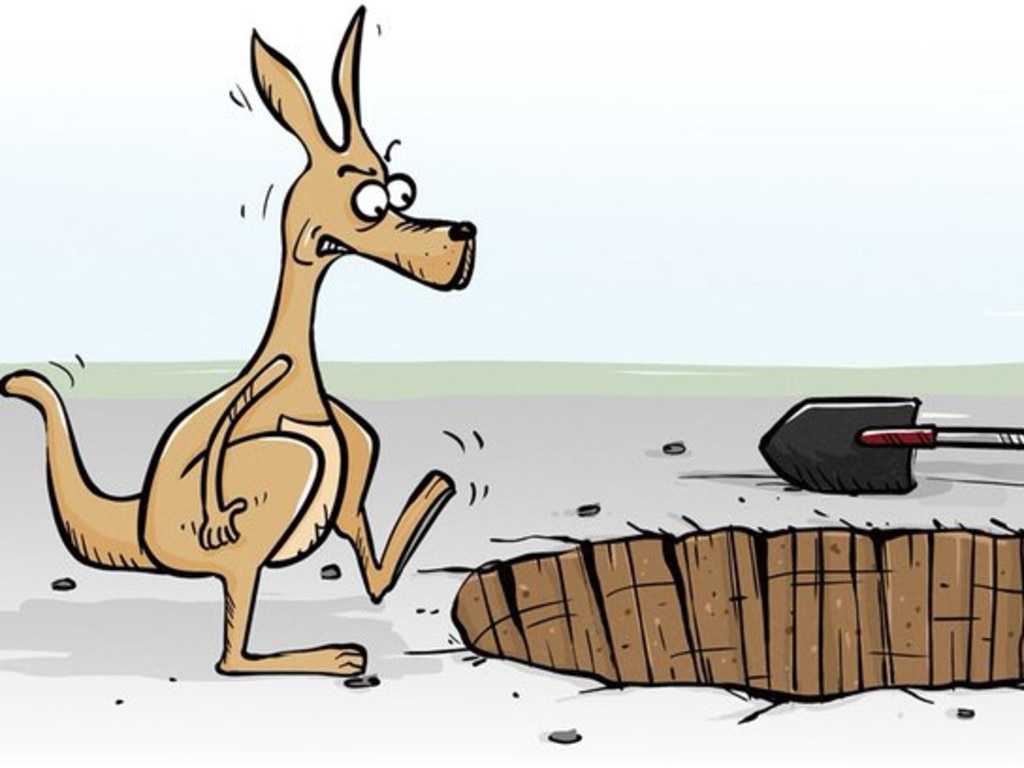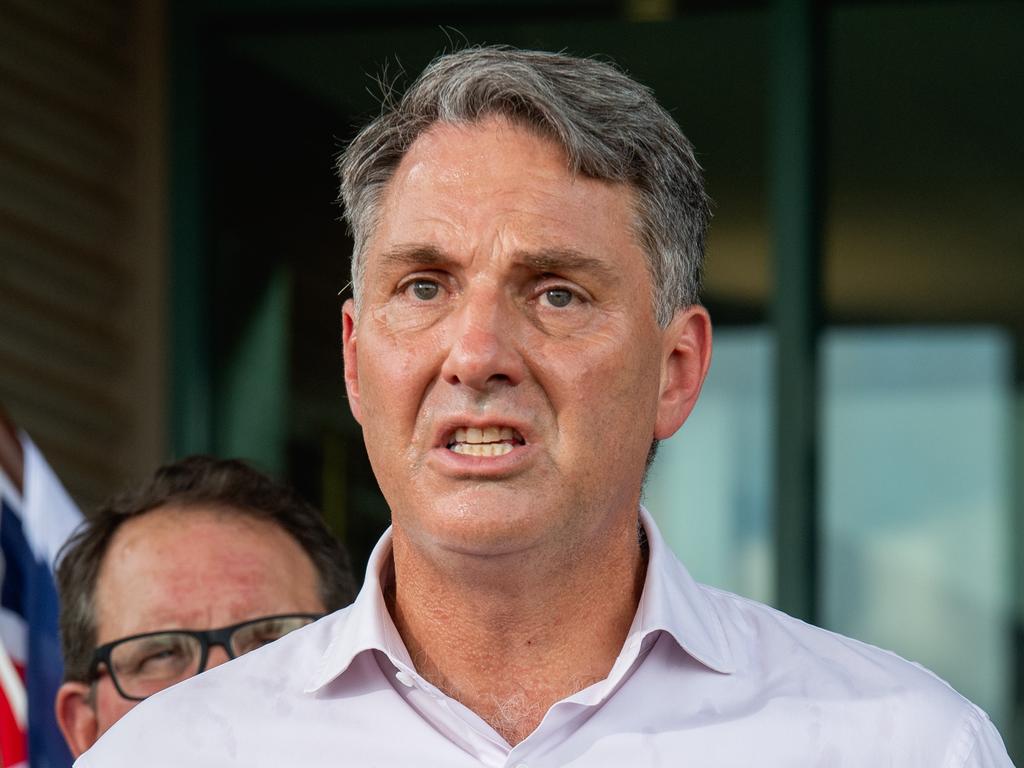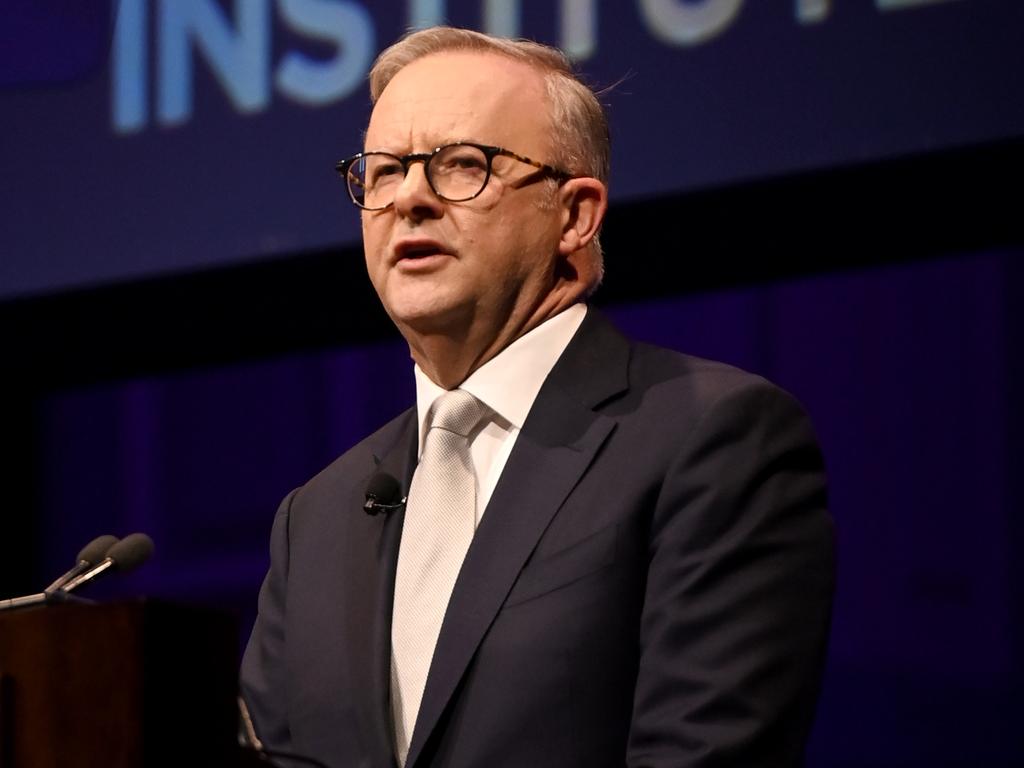Why Albanese is right to be wary of US warship request


By not promptly and politely denying the request, Australia missed a golden opportunity to express our sovereign identity and assert our own priority interests.
It’s important to understand this was not a formal request from the US government or President Joe Biden himself; rather, a routine operational request from a US-sponsored multinational naval partnership.
Those who fear that by saying no we might somehow threaten broadbased US support to Australia and the development of AUKUS should take a deep breath.
If rejecting a request such as this threatens our relationship, then it’s not a real partnership.
Indeed, those clamouring for us to send a ship might note Anthony Albanese’s words from his Lowy speech on Tuesday. In it he referred to prime minister John Curtin’s wartime decision to recall Australian forces from the Middle East in December 1941, arguing it was the first clear expression of Australia setting its own strategy and foreign policy with a focus on Asia and the Pacific.
This was at the time when we began to talk of the Battle for Australia and affirm our primary interests as belonging to our own region.
We are just now finishing a two-decade-long – and largely unsatisfactory – adventure in the Middle East. Let’s not begin a new one.

The Albanese government has made it clear we face dire strategic circumstances; these are clear and present. Now is the time to focus on the Indo-Pacific and the more immediate threats apparent in our region. Let’s not get distracted.
There are ways – other than sending a warship – Australia can provide support in the Middle East. We have had ships on rotation there before, and we maintain a small staff presence. The Prime Minister has recently mentioned we can provide additional diplomatic support.
We shouldn’t forget, too, that there are many other countries with interests similar to ours. And, like us, they also are interested in the sea lines of communications through the Suez Canal and Red Sea. It’s time for them to step forward.
Threats to our fuel supplies and general trade are of real concern and will surely have a detrimental impact on our economy. One thing to note is these events serve to highlight the lunacy of housing Australia’s fuel reserves in the US.
Our energy policies are already a mess; this shock should force a rethink.

The Royal Australian Navy says it can meet the request to deploy a ship. It is right for it to say so, but what are the costs? Our navy is capable but this request involves a much-altered operational environment.
The Houthis constitute a significant threat to commercial shipping and participating naval forces. This is no desert tribal mob. They are showing strategic acumen and sophisticated operational capabilities through their use of helicopters, long-range drones, massed small craft and anti-ship missiles.
Armed and backed by Iran, the Houthis are battle proven and have a clear intent and slogan – “Death to America, Death to Israel, curse the Jews and victory to Islam”. Their involvement and actions raise the potential of a wider Middle Eastern conflict based on the schism between Shia and Sunni.
The spike in Houthi activity is in direct support of what is happening in Gaza. They have pledged to continue their attacks. It would be a mistake to expect any Australian commitment to be short or easy.
There is ongoing and contested discussion concerning the preparedness, readiness and capabilities of the Australian Defence Force. The discussion hinges on the likelihood of conflict in the short term – its nature and the adequacy of budgets – and plans to deliver any improved capabilities in the warning time available.
The government is not living up to its side of the bargain. It is delaying decisions and constraining budgets. This is having a detrimental impact on defence capabilities and readiness; it has a worrying flowthrough effect on Australia’s defence industry.

It’s worth noting the translation of Bab al-Mandab – the name of the strait separating Yemen and Djibouti – means “Gates of Grief” or “Gates of Tears”. Neither translation bodes well for any kind of deployment.
Rather than going back to the Middle East, Australia should stay focused on our region and our national security interests. These interests would have been best expressed by saying a clear no to the US request.
In the final analysis, we would do well to remember AUKUS is a regional – not a global arrangement – and there is more than enough for us to do in our own and America’s interests closer to home in the Indo-Pacific.
Peter Leahy was chief of army from 2002 to 2008. He is a professor at the University of Canberra.






After days of conjecture and delay, it seems likely the Albanese government is set to decline a US operational-level request to send a warship to the Red Sea – if it hasn’t already. But the fact is this request should have been knocked back, fast and firm.